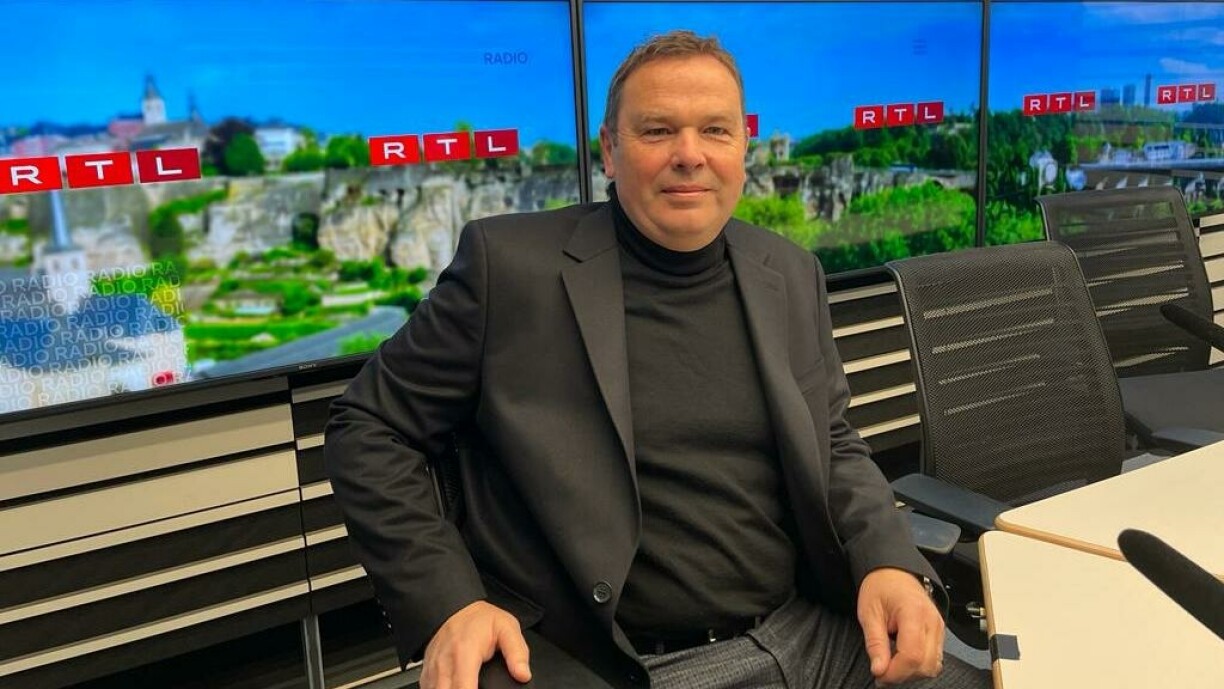
Although both the Christian Social People’s Party (CSV) and the Democratic Party (DP), who are currently negotiation the terms of their future coalition government, should be closely aligned with employers’ representatives from a policy perspective, Winkin bid caution. The director of the FEDIL business federation argued that it remains to be seen what both parties will implement and with how much conviction the elected officials will dedicate themselves to the task at hand.
In conversation with RTL Radio on Monday morning, Winkin warned that in the past, Luxembourg had embarrassed itself in front of international investors with their industrial politics. He elaborated that while some parties in the government have tried to bring new businesses to the Grand Duchy, others actively sought to prevent that.
He concluded that this was damaging to Luxembourg’s international image. But, he praised the collaboration on some other projects like the decarbonisation process.
On Monday, the FEDIL and the Union of Luxembourgish Businesses were invited to the coalition talks between the CSV and the DP at Senningen Castle to voice their concerns and demands.
First and foremost Winkin highlight the need for improved coherence between environmental and industrial policies. He referred to industrial activity zones as examples of conflict that should be overcome.
If even nature protection organisations like the Ecological Movement claim that the past government exaggerated, then something must have really gone wrong, he added.
Another important subject for the FEDIL are energy prices for industrial companies. According to its director, Luxembourg has a few strategically important businesses that deliver key environmental and digital technologies to other European companies.
However, these manufacturers consume significant energy amounts, stated Winkin, which is why they are now caught between a rock and a hard place due to fierce competition from Asian and American competitors, as well as those in Europe. These businesses might even risk to be drowned out. Therefore, the FEDIL asks that the new government stand in for them in Brussels so that new selective aids can be awarded in 2024.
Winkin also wondered if – to stay competitive on the international market – Luxembourg might have to undertake structural changes on its energy market.
He elaborated that Luxembourg is left with two options: either it can lose competitiveness while watching its neighbouring countries support their industries, or it can try to create partnerships either for nuclear energy from France or for coal energy from Germany.
Renewable energies do not yet cover our needs, so Luxembourg will have to accept nuclear energy, at the least as a temporary solution, argued Winkin.
While the FEDIL director did not want to give the future government exact guidelines to follow, he did nonetheless underline that ideology should not stand in the way of pragmatism.